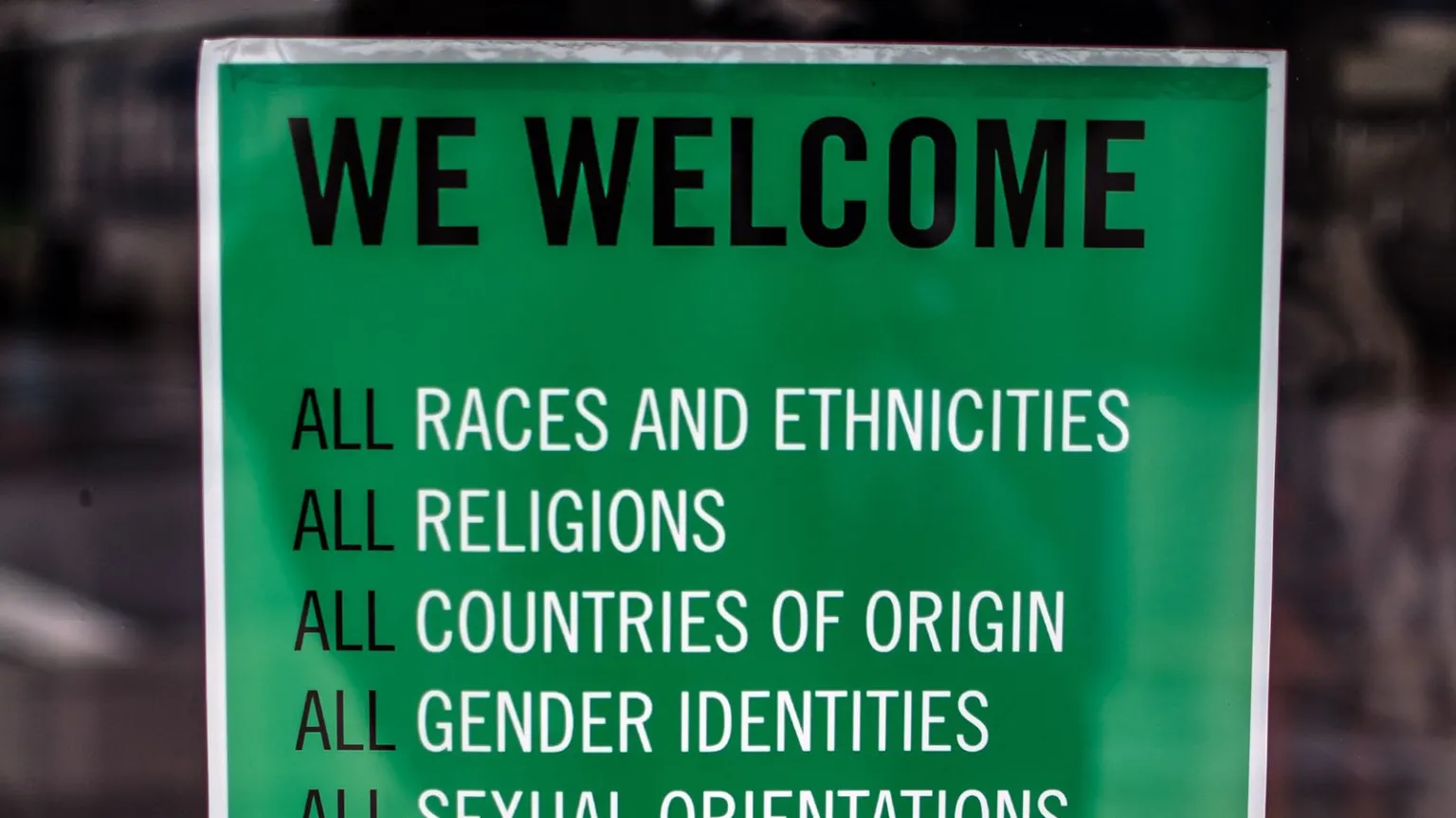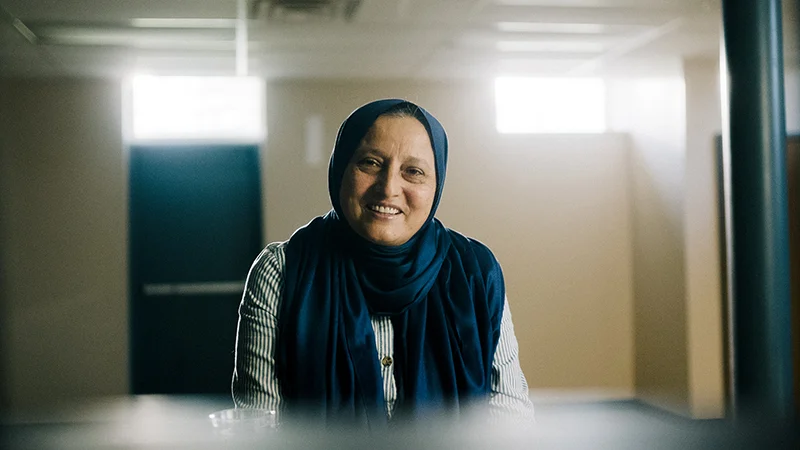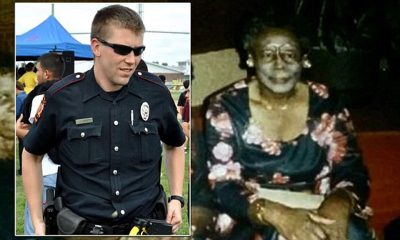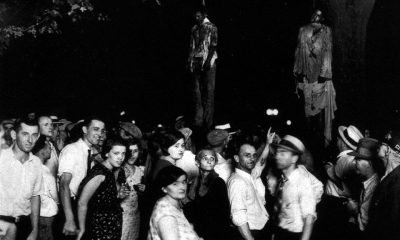Delaware
To Quell Racism, Tell More Stories That Welcome The Stranger

(RNS) — Each of us has felt the sting of racism and intolerance. When one of us was a kid in upstate New York, other kids would throw pennies. Once, someone threw a rock through Josh’s Jewish family’s window. The other also had rocks thrown, kids shouting racist names while he ran the New York City Marathon. Simran faced another kind of racism growing up as a turban-wearing Sikh American, particularly in the aftermath of 9/11.
Our shared experience leads us to know what it’s like to be singled out based on what others think they know. Many factors contribute to these societal stereotypes, and the media we consume often plays an outsized role in shaping our biases.
Reporting and writing about religion can be an opening for constructive dialogue or a clumsy vehicle for hate. Storytelling that relies on old, simplistic tropes is a danger to communities across the country, and ultimately, to our democracy’s health. Centuries of antisemitic depictions and ignorant characterizations of Muslims have resulted in violence against both communities.
On the other hand, storytelling that reveals our shared humanity and reflects the reality of our multireligious, multicultural society can be a doorway, welcoming others into fuller relationships and real mutual understanding.
The promise of connecting across our differences comes alive in Josh’s Oscar-nominated documentary, “Stranger at the Gate.” The film tells the story of a former U.S. Marine planning to blow up a small Islamic community center in Indiana — and the Muslim community members who changed his mind. Bibi Bahrami, the community member who first welcomed the veteran, notes that while not every story about welcoming the stranger ends well, the hope of a real relationship founded on shared understanding compels her to reach out continually.

Bibi Bahrami in the documentary “Stranger at the Gate.” Photo by Karl Schroder
Due to rising inflation, some Hollywood budgets are shrinking. Even so, a small fraction of that money has historically gone toward telling stories about religious communities that are rooted in authentic experience and that engage these communities in the storytelling process.
Of course, there are outliers: Amazon Prime’s wildly popular show “The Marvelous Mrs. Maisel” and its depiction of Jewish life. More familiar are the lazy characterizations, as Rainn Wilson recently pointed out in HBO’s “The Last of Us.” Even now, the Writers Guild of America strike has many in Hollywood considering the questions: Who ultimately writes what gets produced? Is their time, experience and insight valued and compensated? Or is it just a box you check for a DEI initiative during pre-production?
Not every story is a story about religion or faith (see: the enduring classic “Zoolander”). But the ones that are should be created with holistic representation, valued community input and an eye toward the future.
Stories about religion can be doorways or weapons. We choose. We make that distinction in what we fund, what we support and what we watch. So much of our work, from books to film and TV, confronts the reality of shared humanity and what it means to seek understanding and hope even in moments of great pain.
This week, the program Simran leads at the Aspen Institute is gathering with leaders, creators and experts in Washington to discuss the future of pluralism in America — the idea that everyone has the rights, freedoms and safety to worship, or not, according to their conscience. Josh will be there too, leading a screening and discussion on “Stranger at the Gate.”
The stories we tell will impact that future. We both ask that the next time you’re scrolling through Netflix or channel surfing, you stop to consider whether the stories about religion you’ve seen recently are doorways or weapons — and keep supporting work that welcomes the stranger.
(Simran Jeet Singh, executive director of the Aspen Institute’s Religion & Society Program, is the author of “The Light We Give: How Sikh Wisdom Can Transform Your Life” and a columnist for Religion News Service. Joshua Seftel is an Academy Award-nominated director of the short documentary “Stranger at the Gate” and Emmy-winning director of “Queer Eye for the Straight Guy” and more. The views expressed in this sponsored commentary do not necessarily reflect those of Religion News Service.)

-

 States2 weeks ago
States2 weeks agoPearlie Golden 93-Year-Old Black Woman Shot By Texas Cop
-

 States2 weeks ago
States2 weeks agoLayers Of Racial Tension The Mario Woods Tragedy And San Francisco Path To Justice
-

 States2 weeks ago
States2 weeks agoLynching Of Thomas Shipp Tragedy Of Racism Echoes Through History
-

 States2 weeks ago
States2 weeks agoTragedy Unveils Racial Tensions Tarika Wilson Story
-

 States2 weeks ago
States2 weeks agoThe Killing Of Terence Crutcher And The Fight For Racial Justice

















You must be logged in to post a comment Login